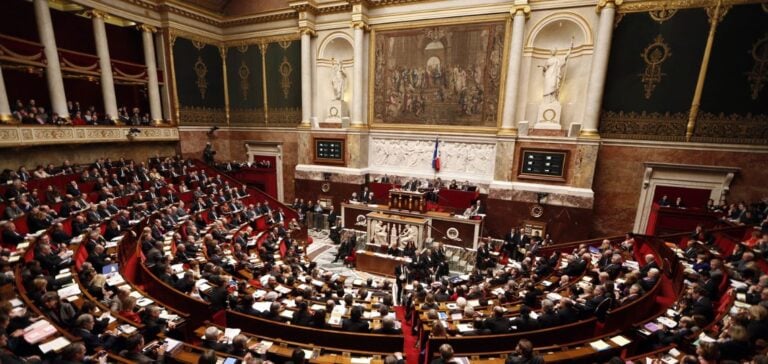Philippe Brun’s proposed law to protect EDF against dismemberment receives cross-party support. This controversial text aims to prevent the dismantling ofEDF and extend regulated tariffs to new beneficiaries. Its progress in Parliament reflects complex political dynamics and the absence of a presidential majority. The French National Assembly adopted the text on second reading in May 2023.
Successful negotiations
After intense negotiations, the executive rallied behind the text in February, agreeing to withdraw certain provisions. This agreement, which includes the abandonment of mandatory employee shareholding and EDF’s exclusive ownership of Enedis, marks a turning point. Beyond these adjustments, the law enshrines the principle of full State ownership of EDF, a measure that is essentially symbolic given its de facto application. Another pillar of this legislative initiative is the extension of regulated tariffs for the sale of electricity (TRVE) to very small businesses, craftsmen and small farmers from February 1, 2025. Philippe Brun, during the final examination of the text in the French National Assembly, highlighted this extension as a guarantee offered to the nation’s small economic players to calmly anticipate their energy expenditure.
A forward-looking vision for the Senate
In the Senate, where the text was also positively received, particularly in the worrying context of the agricultural crisis, the emphasis was on foresight. Christine Lavarde, the text’s rapporteur for the Les Républicains group, stresses the future usefulness of this legislation, even if market offers can currently be more competitive than the TRVEs. The Senate right’s agreement was facilitated by the proposal for a “ten-year contract”, renewable every three years, between EDF and the French government, aimed at setting the main guidelines for investment, price control and the decarbonization of energy.
This legislative process, marked by a significant transformation of the initial text, illustrates the ability of the political system to adapt and overcome differences to arrive at constructive solutions. Despite the potential risk of censure by the French Constitutional Council for inconsistency with the original bill, the final agreement between the parties seems to remove this possibility, marking an important step in the regulation of the French energy sector.





















